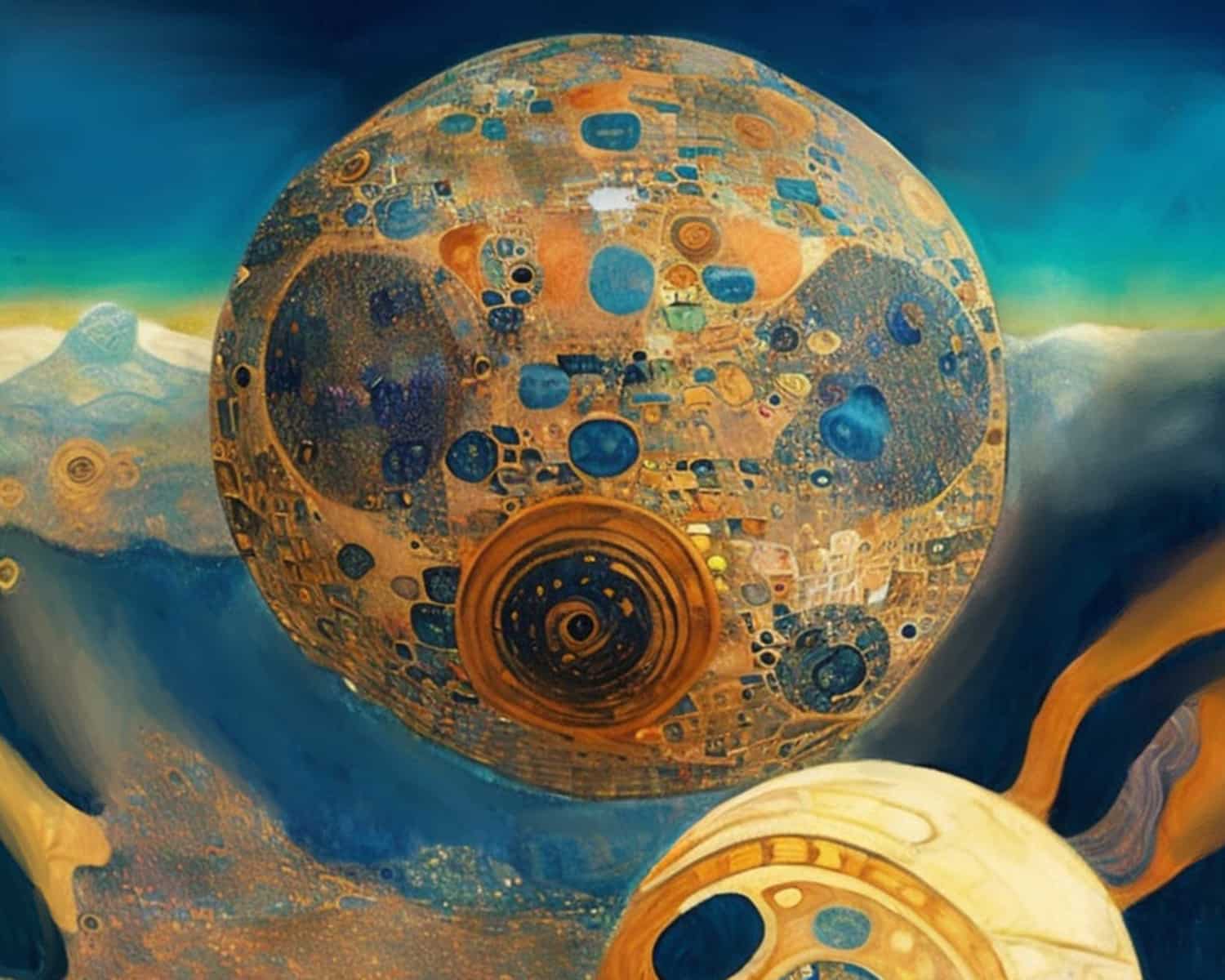Democracy and Diplomacy are interlinked. In today’s international politics, one big-picture message is the so-called geostrategic games can no longer be about pushing a single-agenda item. The ‘Soft power’ games also mean persuasive Diplomacy. It may be out of the box, but not out of the blue.
This gives India a unique advantage. Thus, a critical message from India’s G20 Presidency in 2023 will be around the conviction that the civilisational and cultural prisms, too, could prove to be practical tools in the changed world order.
In 2016, Sri Sri Ravi Shankar hosted a mega cultural show in New Delhi. The pseudo-secularists tried everything to sabotage it. Nevertheless, Prime Minister Narendra Modi had merits in his argument when he told the gathering at the sprawling Yamuna bank that the ‘world unity’ is not solely dependent on economic necessities.
Yes, we know it does not depend on the mite of military vis-à-vis the need to fight global terror, as the United States has often batted for. The ongoing Russia-Ukraine conflict proves again that there are things other than military mites that could redefine the human world.
With its diverse and profound civilisation thus, Cultural Diplomacy will be particularly important in the case of India.
India’s Dharmic teachings over the centuries had a lasting influence on East Asia and giants like Japan and China. Much later, of course, when Colonial rulers still reigned supreme in the Indian sub-continent, Swami Vivekananda’s travels to the west in 1893 ignited a resurgence of India’s religious and cultural influences throughout the world. India will have to tap the same potential in 2023 as well.
As it is, the Modi Government has successfully done its part on this score. The UN has designated the year 2023 as the Year of Millets. The International Day for Yoga has been hugely successful, putting India on a high pedestal. But there are still issues. One can use the phrase ‘perception deficit’.
BJP leader Dr Vinay Sahasrabuddhe has been talking about this quite eloquently. In one such interaction, he told some of us not long ago that – even now in Moscow, the idea of India “does not go beyond the land of snake charmers, Mahatma Gandhi and Raj Kapoor”.
Indeed, India has to overcome this deficit to push New Delhi’s real ‘soft power’. “We need to work overtime to dispel many wrong conceptions about India,” Sahasrabuddhe had said. Of course, the underpinning theme in pushing ‘soft power’ is always people-to-people contact.
The growing Indian diaspora and economic liberalisation in India have only given this aspect a mega push. What needs to be re-emphasised is that the ‘New India’ as envisioned by Prime Minister Modi should ensure that global communities must come to India to experience India and its divergence.
A few years ago, I met two French women — elderly ones – on a visit to Nagaland during Hornbill Festival. One of them confessed in no time, “The kind of India, the State of Nagaland presented before us was completely unknown. Tourism and food potentials of your country are so rich”.
India in Global Leadership:
Now, let us come to more vital issues. The Indian diaspora will continue to grow, which is an essential strong suit for pushing ‘soft power’ and helping create a sound and positive perception of the nation. Prime Minister Modi, at the Pravasi Bharatiya Divas speech at Indore on January 09, spoke about India emerging as the ‘skill capital’ of the world. And rightly so.
G20 gives India as a nation and Prime Minister Modi as the leader of the ‘world’s largest democracy’ to figure out the country’s strengths to resurrect the national image. One can argue — it is perhaps difficult to say whether India will ever emerge as a military superpower. Still, India’s ancient civilisational wisdom and spirituality should encourage global powers to acknowledge Bharat’s excellent leadership role.
The “Voice of the Global South Summit” (VGSS), proposed for January 12 and 13 to be hosted by India virtually, is highly relevant. Bangladesh Prime Minister Sheikh Hasina, Sri Lankan President Ranil Wickremesinghe, leaders from five African countries, Angola, Ghana, Nigeria, Mozambique and Senegal, three countries from the ASEAN grouping Thailand, Cambodia, Vietnam and leaders and heads of Governments in Uzbekistan, Mongolia, UAE and Papua New Guinea are also expected to attend the virtual Summit. This is a successful and intelligent way of giving a ‘voice’ to the Global South.
Another crucial area of pushing ‘soft power’ influence is through education and the use of students’ community.
Of course, the students and ‘youngistan’ are vital as the impressions created during formative university years play an essential role for the rest of their working lives. In the winter weeks of 2022, I met a diplomat from a Latin American country; and who studied in New Delhi years back. His impression of India is fantastic.
His impressive brief on India’s Gurukul culture and disciples, rich and poor – princely or commoner – taking education under the trees, has been very impressive. This is what he has tried to argue. “Democratisation of soft power is happening overwhelmingly through cyber technology. In India you had democratised all that especially education, music and culture long back. India’s power of popular opinion is well understood but hardly made use of”.
Even former diplomats would admit readily that the Indian system of governance and foreign policy doctrines still has to fully recognise that ‘soft-power diplomacy’, in effect, can be an integral pillar of Indian policy making.
Prime Minister Modi has been using the tool effectively. The success of Modi’s overseas public gatherings shows how things have moved. All these have changed the rules of the game themselves. The Indian diaspora has now emerged as a vital force. Their stature has gone up, and they are being seen by the local community (including in the US, UK and Canada) as the diaspora as a vital political force in those respective countries.
However, there are areas where we can take a few lessons from other countries vis-a-vis soft power enhancement scales. Former Indian diplomat who was also a permanent envoy to the United Nations, Syed Akbaruddin, had once said, “Soft power requires loud platforms and hard money”. The Japanese Government is well known for investing considerable time in youth power. The Italian establishment has a strong case while promoting its art, culture and food. The French must be emulated the manner they love and respect the language.
The incredible Indian journey to tell a “better story” of itself and its glorious past has just begun.












